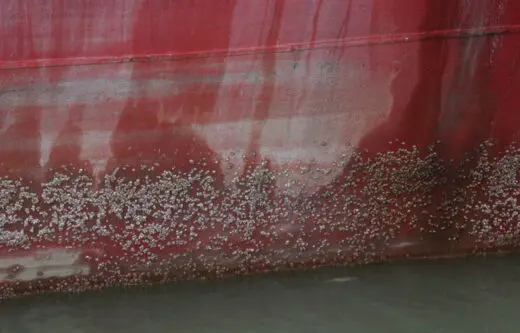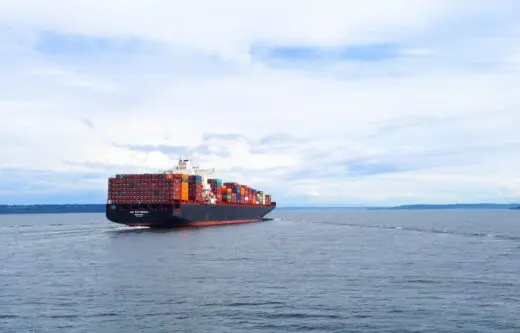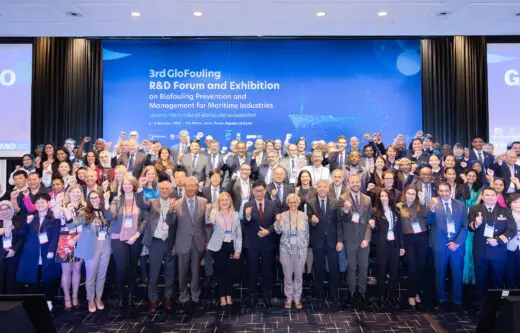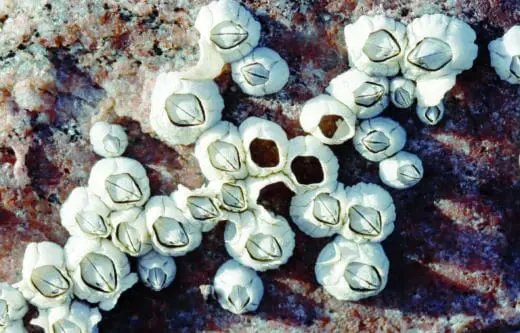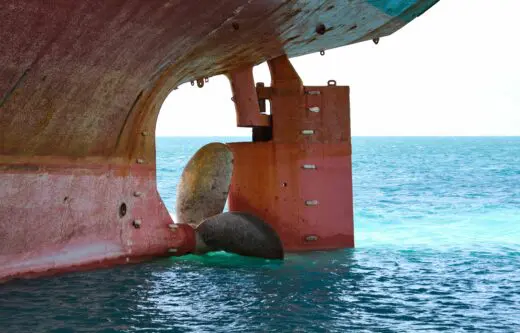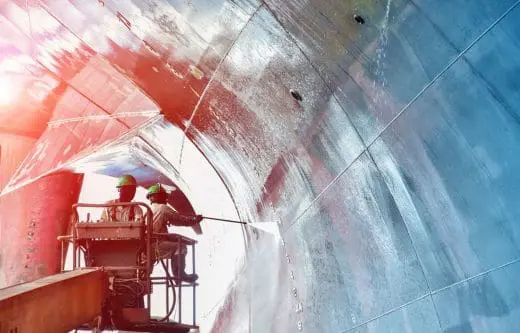The consequences of barnacle fouling
When barnacles attach to a ship’s hull, they significantly increase hydrodynamic drag. Their hard shells create friction between the hull and water, leading to higher fuel consumption and greater carbon emissions.
Barnacles are found in all marine and brackish waters. Once settled, they attract more barnacles, forming dense colonies that worsen fouling over time.
Even minor barnacle coverage can result in thousands of dollars in daily fuel penalties, making effective antifouling solutions essential for operational efficiency and sustainability.
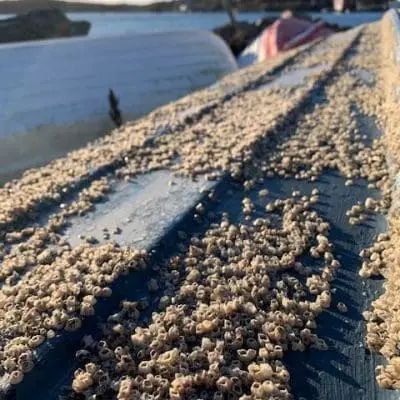
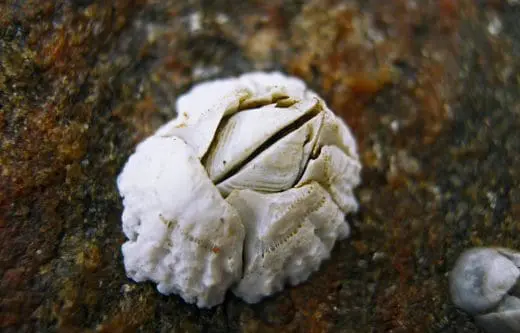
What is marine biofouling?
Biofouling is the term used to describe the accumulation of marine organisms on the surface of submerged nature and artificial structures.
What are barnacles?
Barnacles occur globally in all different types of water and have been studied long back in history. Barnacles are a highly specialised group of crustaceans. Initially, barnacles produce larvae. During their larva life stage, they are still mobile and facilitate further distribution. After the first so-called nauplius larvae, a seventh non-feeding larva develops: the cyprid. This is the stage which settles on a new substrate.
Where is barnacle fouling most prevalent?
While biofouling and barnacle growth occur in all oceans, the risk varies by region. Tropical and subtropical waters pose the highest risk, with rapid organism settlement and growth. As global water temperatures rise, these high-risk fouling zones are expanding.
Beyond location, biofouling is influenced by multiple factors, including vessel design, speed, idling periods, sunlight exposure, nutrient levels, and maintenance practices. Effective antifouling strategies are crucial to mitigating these risks and maintaining vessel performance.
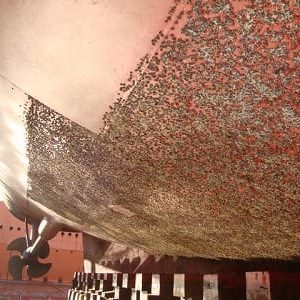
Why are antifouling coatings needed?
Effective biofouling management saves fuel and costs, reduces the spread of invasive species, enhances ship performance, and lowers emissions of air pollutants and greenhouse gases.
Antifouling coatings are essential to prevent marine organism attachment. Ship owners require coatings tailored to different vessel activity levels, routes, and operating conditions—whether in continuous service or idling in warm waters.
Selektope® is a breakthrough ingredient in antifouling coatings, delivering a unique, non-lethal repellent effect on barnacle larvae. By preventing settlement, it helps maintain cleaner hulls, ensuring long-term fouling protection.
Read more about how Selektope can be used on ships.
For paint manufacturers
Push the boundaries of coating innovation.
For ship owners & shipyards
Unlock the benefits.
